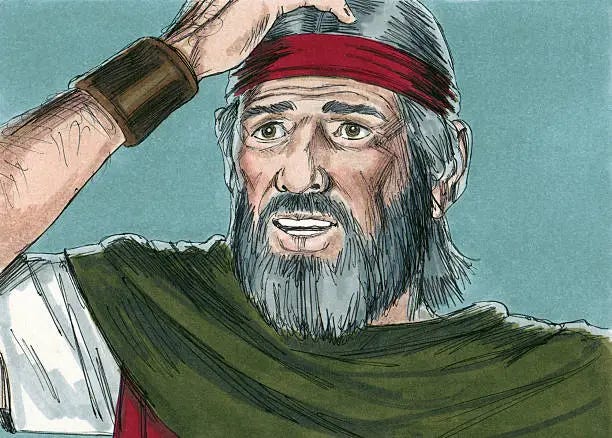Moses Struck the Rock Twice
Reflecting on an Unrighteous Action in Numbers 20
This post is for paid subscribers. If you’ve been encouraged by the content of this newsletter, and if you’d like to have complete and unending access to the huge archive of biblical theology articles, consider becoming a paid subscriber. There’s a temporary discount available here.
By the time readers get to Numbers 20, we’re not surprised that the people come against Moses and Aaron (Num. 20:2). We’ve seen that before. We’re not surprised that the people say, “Why have you brought the assembly of the LORD into this wilderness, that we should die here, both we and our cattle?” (20:4). We’ve heard that before too. And then we hear the people say, “There is no water to drink” (20:5). Another familiar complaint.
Despite some reminiscent elements to earlier passages, the episode in Numbers 20 involves Israel’s leader behaving in an unbecoming way, with accompanying consequences. His action involves a rock, a staff, and flowing water for a thirsty people. Those elements, in fact, should sound familiar to us too.
In Exodus 17, the Lord answered the people’s need through the miraculous giving of water from a rock. He told Moses, “You shall strike the rock, and water shall come out of it, and the people will drink” (Exod. 17:6). So he did, and so it did, and so they did.
Reading the account in Numbers 20, we’re prepared for something similar. We’re ready for instructions that sound something like, “Strike the rock, so that water may flow.” But God tells Moses, “Take the staff, and assemble the congregation, you and Aaron your brother, and tell the rock before their eyes to yield its water. So you shall bring water out of the rock for them and give drink to the congregation and their cattle” (Num. 20:8).
These instructions are not quite what we expected. And then, when Moses does act, things get really uncomfortable.


